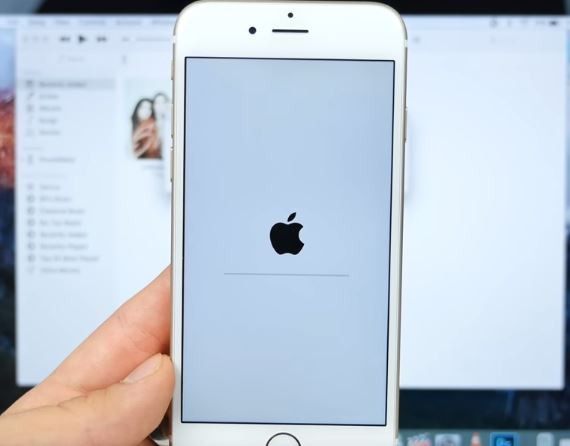Apple has officially announced that they have left the kernel code of the iOS 10 developer preview unencrypted in order for the operating system to operate faster and more power efficient.
Security researchers often snoop around the latest software updates and versions of operating systems in order to find out whether there are glaring vulnerabilities and they discovered that the iOS 10 kernel was unencrypted. The Cupertino-based tech giant admitted that they left it that way because it was safe and it helped the core system to operate more efficiently.
Apple told TechCrunch that the kernel cache does not even contain any kind of user information that may compromise the safety of their users. In addition, it allowed them to optimize iOS 10 even further "without compromising security."
The past iOS versions always had their kernel encrypted and protected as not to allow hackers to easily pry in and snoop around. Apple has been known to be close-minded when it came to their technologies especially as they have repeatedly denied requests from the Chinese government to hand over their source codes.
Apple did not explain how exactly the unencrypted kernel in the iOS 10 update works better to improve the overall performance of an iPhone or an iPad, The Next Web reported. The good news is that security researchers and fans can now see the inner workings of the operating system.
Does this mean that Apple is slowly shifting their platform to an open-sourced one? It could be, but that may take several more years as the company does not want their software to end up saturated and fragmented like Google's Android operating system.
It is also unclear if the unencrypted kernel of the iOS 10 could help hackers speed up the jailbreak process. One hacker already managed to crack the code several hours after the iOS 10 developer preview was rolled out.
Apple could also start a bug bounty program that would reward security researchers and white hat hackers if they found vulnerabilities and exploits in iOS 10 and the future updates. Time will tell whether the unencrypted kernel will do more harm than good.



























